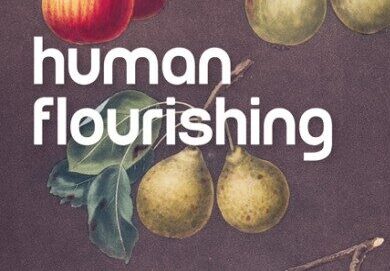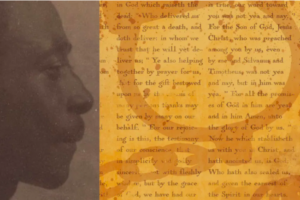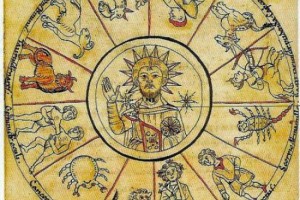I had the privilege of participating in a symposium put on by the Oikonomia Network back in January 2019 in Dallas, TX. The proceedings from our respective biblical and theological colloquia have now been compiled into a brand new volume published by Wipf & Stock, in their Pickwick imprint, called Human Flourishing: Economic Wisdom For A Fruitful Christian Vision of the Good Life, edited by Gregory Forster and Anthony R. Cross. Here is a link to the volume on Wipf & Stock’s website.
My contribution to the book is a chapter addressing the topic of whether Paul was a slave owner, co-written with Dr. Lynn H. Cohick, who is Provost/Dean and Professor of New Testament at Denver Seminary. Specifically, we address the proposal of Dr. Ulrike Roth—Reader in the School of History, Classics and Archeology at the University of Edinburgh—that Paul was a co-owner along with Philemon of the slave Onesimus, and that much of Paul’s travels were funded and made possible through extensive use of slave labor. Our essay is called “‘Better than a Slave’: Paul and the Economics of Slavery—A Rejoinder to Ulrike Roth.”
It is a privilege to contribute to such an interesting volume in this way. Here is a summary from the back of the book regarding the whole project:
Beyond an internal transformation or mere “moment of salvation,” how does Christian faith envision the good life? This question demands not only a Christian view of how individuals should live, but of how social institutions are best arranged for human flourishing. In the advanced modern world, our common public life is mainly lived out in the domains of work and commerce, so a Christian view of economic life is essential to a modern Christian view of human flourishing. In this volume, established evangelical scholars in theology, biblical studies, and history explore their disciplines in connection with economic wisdom to yield insights about what it means to live wholly, fruitfully, and well. Faithful and provocative, these essays uncover fresh ground on topics ranging from poverty to work ethic to capitalism/socialism to slavery to non-profit entities to the medieval indulgence industry.
Blurbs on the back of the book come from Dr. Darrell Bock of Dallas Theological Seminary and Dr. Mark Roberts of Fuller Theological Seminary, and the foreword to the volume was written by Dr. Matthew Croasmun of the Yale Center for Faith and Culture.





Leave a Reply
Your email is safe with us.